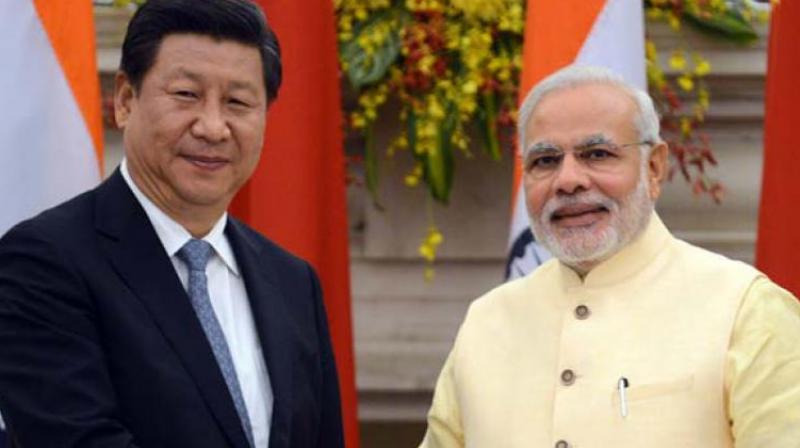Go public to refute China over OBOR
The implications of this close cooperation between China and Pak against Indian interests are yet to be properly understood in the country.

India acted in an appropriately correct manner in boycotting the two-day Belt Road Forum conference in Beijing, attended by 29 nations, including the United States and Russia, that began on Sunday. China’s awkwardly-named “One Belt One Road” policy for making deep inroads in the economic and political sphere in Africa, large swathes of Asia and Europe, is its most ambitious foreign policy initiative since the founding of the People’s Republic in 1949.
The policy is helmed personally by President Xi Jinping, who in Chinese iconography has officially passed into the realm of the greats, alongside Mao Zedong and Deng Xiaoping. As such, and given the scale and scope of OBOR — Beijing has pledged $100 billion to it over an undefined timespan — it was expected China would take on board the sovereignty and key political concerns of its neighbours in conceiving and executing the But this was not the case.
The China-Pakistan Economic Corridor (CPEC), the high-profile segment of OBOR from Kashgar in China’s Xinjiang province to Gwadar port in Balochistan, passes through Pakistan-occuped Kashmir, which is Indian territory captured by Pakistan in 1947. India’s objections relating to sovereignty concerns has simply been glossed over by China. There is poetic justice in the fact that the day the Beijing conference opened, public protests erupted in PoK’s Gilgit-Baltistan region. Demonstrators called the highway being built under CPEC the “road to ghulami” (road to slavery). Also, in funding the Daimer-Bhasha dam, the World Bank, Asian Development Bank and Aga Khan Foundation had insisted a no-objection certificate be got from India, but China has had no such compunctions and its National Energy Administration has come forward with the financing.
It is a pity that the government has not brought the above facts to the public domain. New Delhi should have campaigned on these and other aspects that have a bearing on sovereignty. But all it did was to keep on hold until the last minute its decision on whether to participate in the OBOR conference or not.
It would have been appropriate for the government to explain to the public and all concerned that India’s reservations to OBOR aren’t linked to matters connected with transportation and infrastructure connectivity in the region and beyond, but to sensitive political and sovereignty concerns. It is for India to ponder how its claim on PoK will fare once the Chinese are ensconced in PoK with their road, dams and power projects, as well as military forces that would necessarily be present to guard the newly-created assets. The implications of this close cooperation between China and Pakistan against Indian interests are yet to be properly understood here.

